Intestinal parasites can cause serious issues in horses, from weight loss to colic to malnutrition. Luckily, you can prevent these intestinal parasites from becoming a serious problem. Put these 5 tips to the test.
Manage Manure Well
Horses generally contract internal parasites from where they live in the manure in pastures. The best way to minimize parasites in your horse is to practice excellent manure management in your pastures. Remove manure from pastures at least twice a week. If removal is not possible, then regularly harrowing the pastures can help break up and dry out manure, reducing the parasite population.
Establish a Parasite Management Program
Decide on an effective parasite management program. Putting horses on a rotating deworming schedule is one popular method, but more people are opting for fecal egg counts to monitor a horse’s worm load and identifying when administering a dewormer is necessary. Speak with your vet about recommended practices in your area and for your specific setup.
Keep Pastures Lush
Don’t let pastures become overgrazed and worn down, since the parasite population can increase and put your horse’s health at risk. As pastures become grazed down, it’s time to pull horses off of them. Rotating pastures is a great way to ensure that all of the pastures stay healthy.
Rotate Pastures with Sheep and Cattle
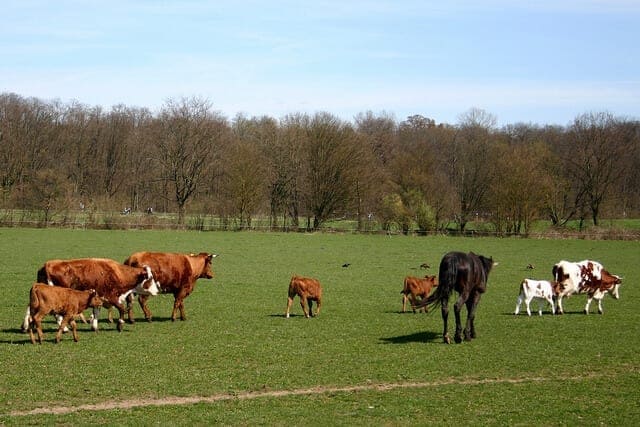
The intestinal parasites that plague horses do not survive in either sheep or cattle. If you have sheep or cattle on your farm, then consider rotating pastures so that sheep and cattle graze pastures before your horse does. This can help to break up the parasites’ lifecycles, minimizing their effect on your horse.
Keep Horses on the Same Management Plans
Today, some people regularly deworm their horses, while others use fecal egg counts to deworm only when necessary. In order for either method to be effective, it’s important that all of the horses which are in the same pasture are on the same type of parasite management plan. Horses that are dewormed on a cycle can actually infect horses which had low fecal egg counts, negating the effectiveness of this approach.
There are many ways that you can manage intestinal parasites in your horse, but good pasture management is probably one of the most important approaches. If you suspect that your horse has an intestinal parasite issue, then administering an appropriate dewormer may take care of the problem. However, if you have recently rescued or bought a horse which may have a heavy worm load, ask your vet for advice. Simply administering a dewormer can cause a massive die-off, which may prompt a colic episode.
Horse Courses by Elaine Heney
- Listening to the Horse - The Documentary by Elaine Heney & Grey Pony Films
- Shoulder In & Out Training for better balance, bend & topline development with your horse
- Over 110+ Polework Exercises & Challenges to Download
- Dancing at Liberty & Creating Connection with Your Horse (11 lessons) - Grey Pony Films

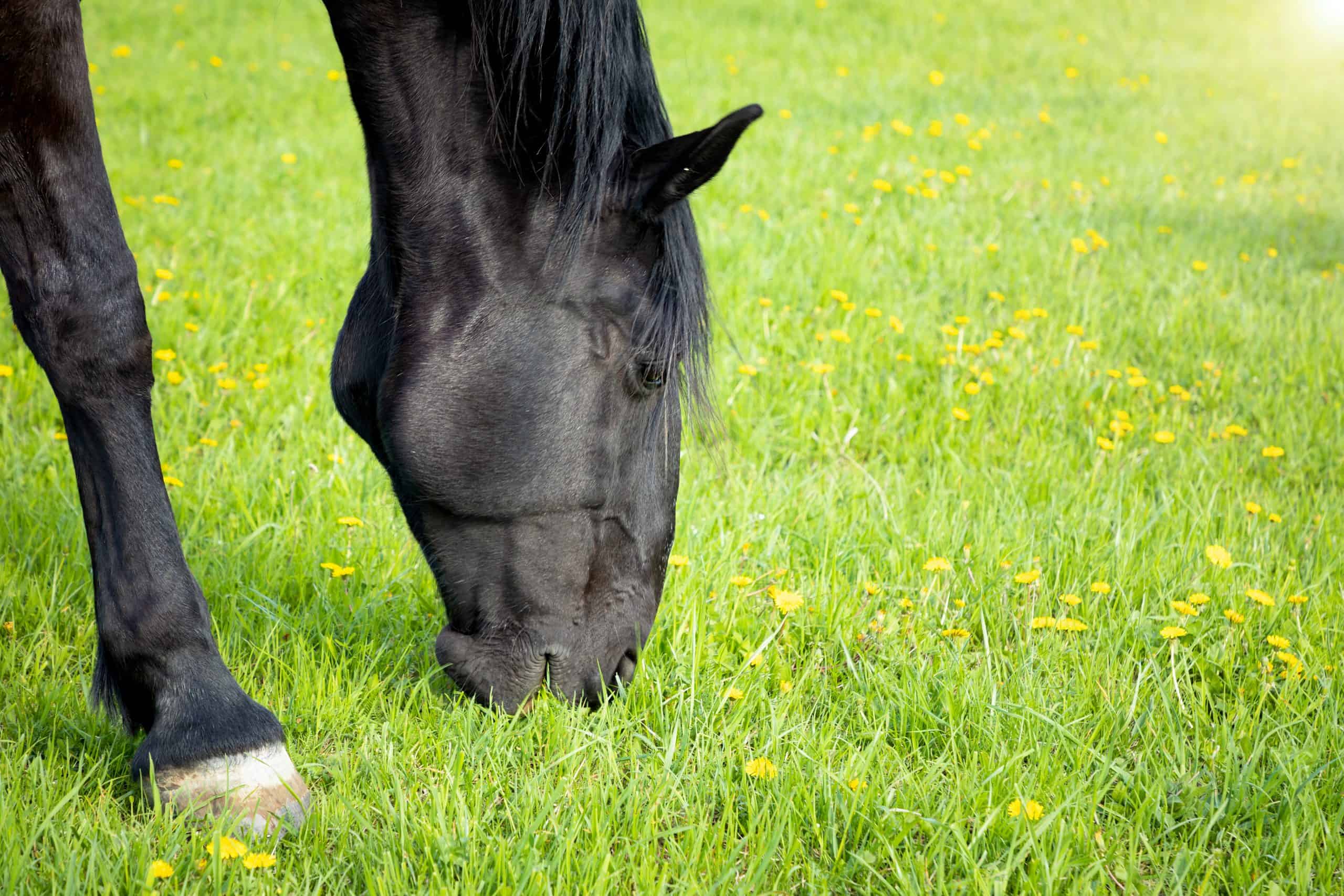
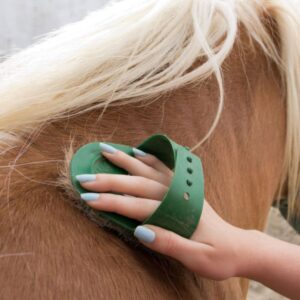
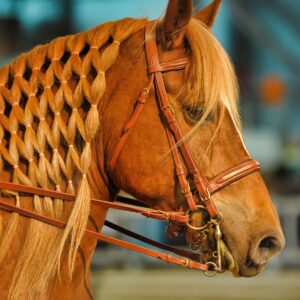

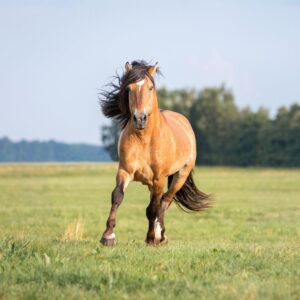
Leave a Reply